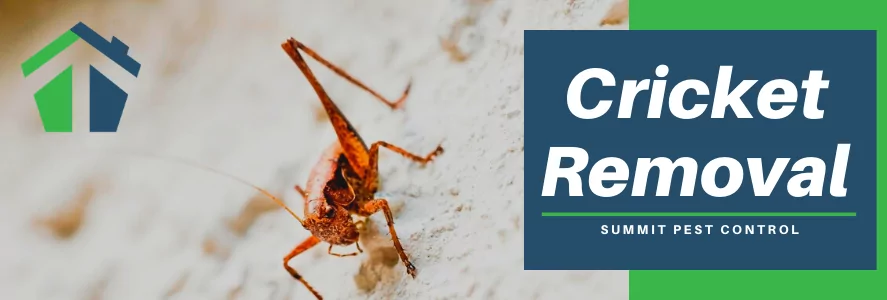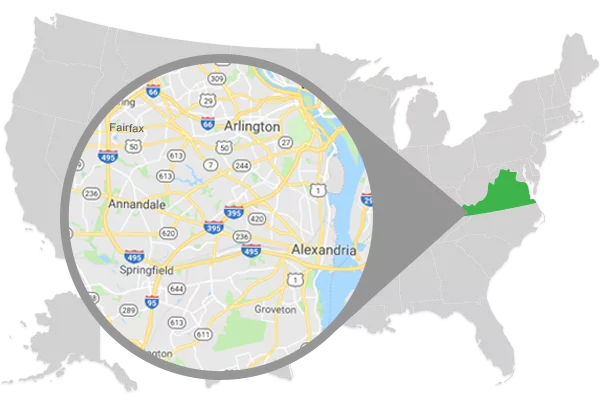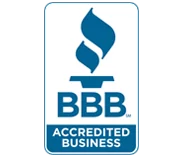Cricket Removal in Fredericksburg, Fairfax, Alexandria and Arlington, VA
What are Crickets?
Crickets belong to the family Gryllidae and are related to grasshoppers. Crickets vary in length from three to 50 mm. They have thin antennae, hind legs modified for jumping, three-jointed foot segments, and two slender abdominal sensory appendages (called cerci).
The two forewings are stiff and leathery, and the two long, membranous hind wings are used in flying. Males are known for making a musical chirping sound. There is a direct relationship between the rate of cricket chirps and temperature, with the rate increasing with increasing temperature. Most female crickets insert eggs into soil or plant stems, sometimes causing serious plant damage.
How to Get Rid of Crickets | Summit Pest Control
There is no single, perfect solution for the control of crickets. Oftentimes a combination of techniques is most effective.
What are the Most Common Diseases Spread by Crickets?
While crickets may be considered a nuisance because of their “chirping,” none of them bite or carry diseases.
What are Some Preventative Measures I can Take?
Schedule a FREE
Estimate
Fields with (*) are required.
Fields with (*) are required.
Seal cracks and crevices, remove vegetation and debris as this is a perfect hiding or breeding place, make sure all doors and screens are tight-fitting, keep all doors closed and keep lights off at night, put food and pet food away.
What are the Fees Associated with Crickets?
Variable. Call us for a free, no-obligation quote.
Why Should I Address the Problem?
Field crickets are known to chew on cotton, silks and synthetic fabrics. Clothes with perspiration stains or food spills are particularly attractive to them.
Cricket damage inside a home is not common, depending on how many crickets there are and how hungry they are. Outdoors, they damage young garden plants and flowers.
Contact Summit Wildlife Removal for Cricket Removal, in Fredericksburg, Fairfax, Alexandria & Arlington, VA.
Contact us online or give us a call at 703-884-2124 when you need our services. For dog or cat issues, contact your local municipal animal control office.













